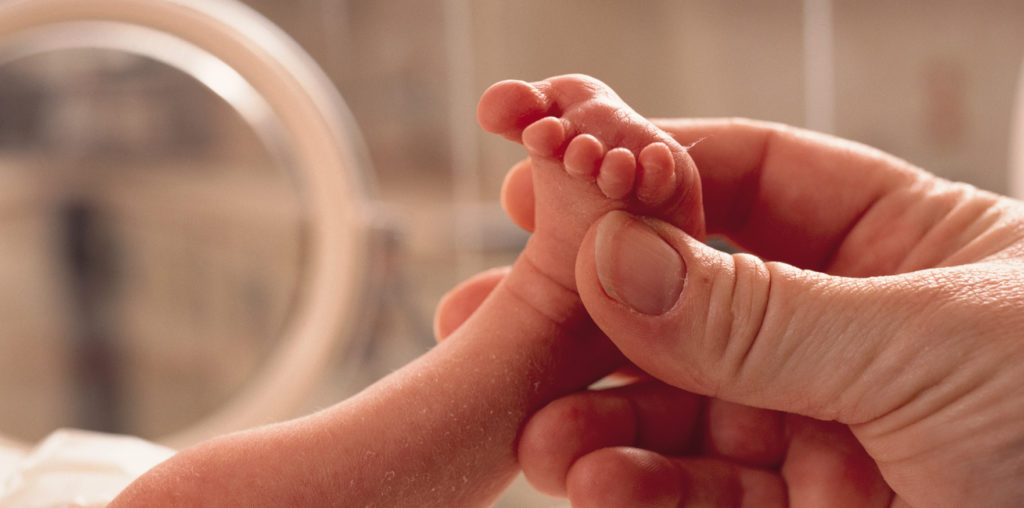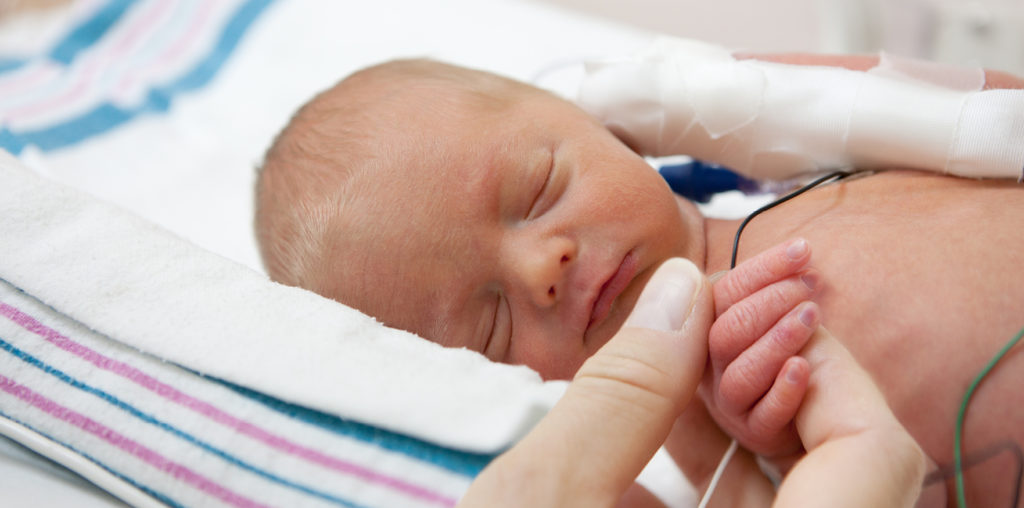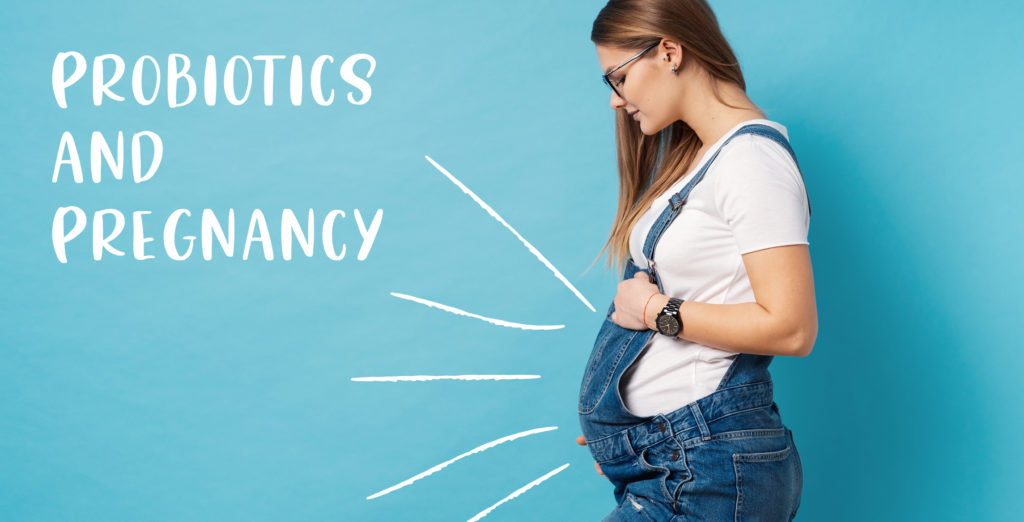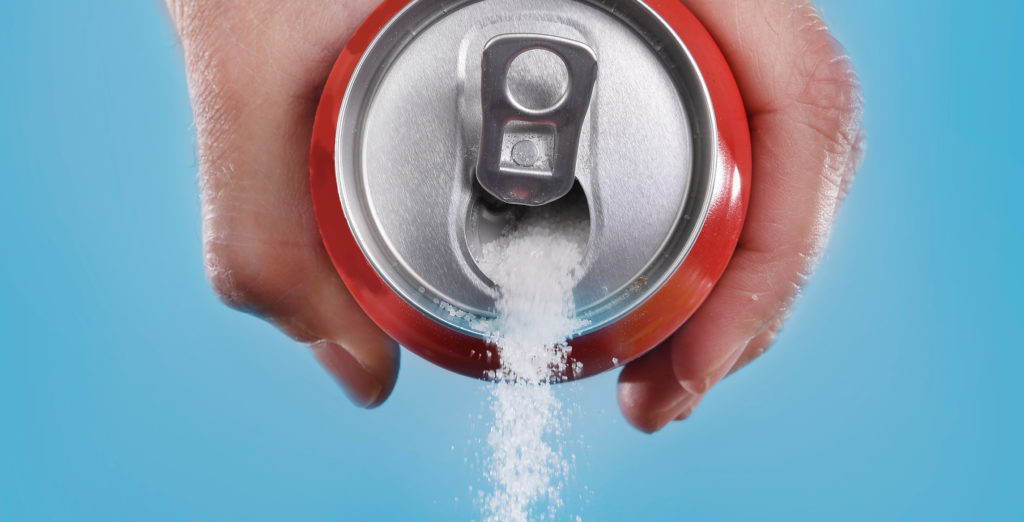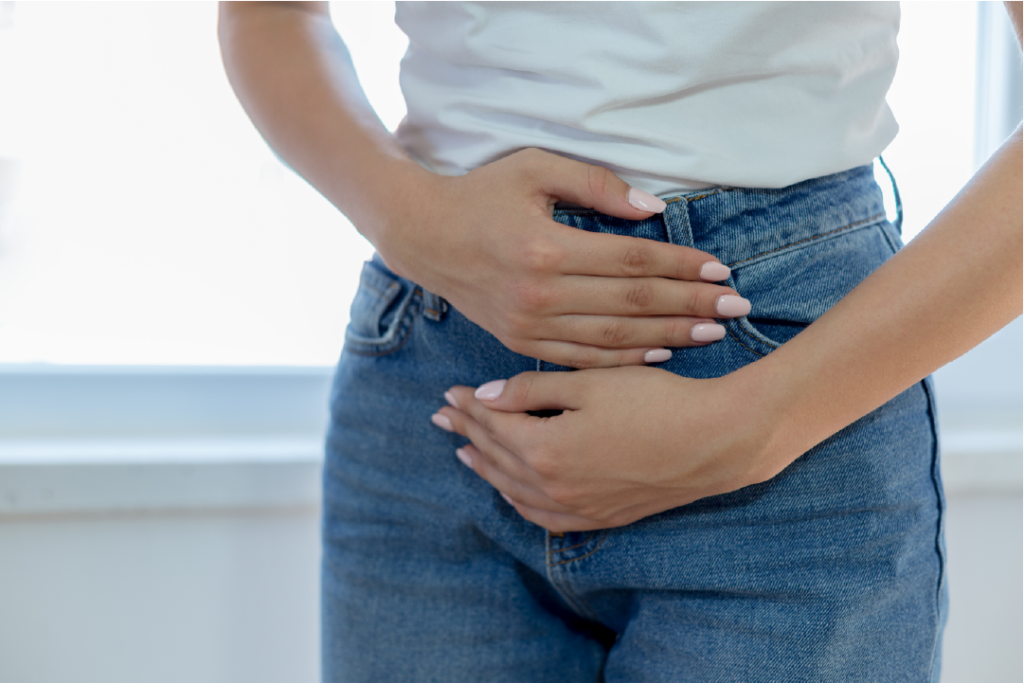How Probiotics May Protect Your Preemie Baby
Premature babies have a lot of obstacles to overcome. One of the most serious health challenges they face is necrotizing enterocolitis (NEC), a condition that affects their intestines.
This problem occurs when bacteria attack the intestinal wall which causes inflammation, then cracks that can allow these invaders to leak into the abdomen. Without treatment, babies face serious infections and an increased risk of death very early in their lives.
Although scientists aren’t exactly sure what causes NEC, apart from being born prematurely, babies who are fed formula rather than human breast milk via breastfeeding (that’s easier to digest and full of the nutrients they need to boost their tiny immune systems) are at a greater risk for this serious disease.
Fortunately, doctors have had success treating preemie babies with probiotics to prevent risks of NEC, but how well do they really work?
The multi-strain probiotic difference
A group of European researchers compared the effect of treating three groups of preemie babies with two different mixes of probiotics from the Lactobacillus and Bifidobacterium families to infants who received no probiotics in a recent study appearing in Gut Microbes.
(Two strains of beneficial bacteria used in this study are the foundation of EndoMune Junior Advanced Probiotic Powder.)
Infants who were delivered mostly via C-section and up to 10 weeks early received a multi-strain probiotic or a placebo until 36 weeks. No surprise, the probiotic preemie groups experienced improved gut health (greater consistency, fewer variations) in their tiny microbiomes.
Even more promising, an analysis of fecal samples discovered reduced amounts of bacteria linked to NEC among infants given probiotics.
And, there’s even more good news!
Probiotic guidance for doctors
Many neonatal doctors struggle with making the best choices to help their preemie patients avoid NEC, but a very recent analysis of 45 trials and more than 12,000 infants published in Pediatrics gave the nod to the one-two power of probiotics and prebiotics.
Formulations of probiotics containing Bifidobacterium or Lactobacillus blends plus a prebiotic significantly reduced the odds that an infant faces NEC, compared to a placebo, by 68 and 94 percent, respectively.
What’s more, treating infants with beneficial strains of Lactobacillus and a prebiotic decreased an infant’s risks of sepsis, another potentially life-threatening problem triggered by the body due to an infection, by an amazing 82 percent.
The probiotic advantage for your baby
Are you a Mom who may need to deliver your newborn via C-section? Breastfeeding is a great way to give your baby that gut-friendly head start. Should problems arise, you may want to take that extra step — with guidance from your pediatricians — to give your baby a probiotic tailored to his/her needs.
Protecting your baby’s developing immune system can be as easy as sprinkling a multi-species probiotic powder like EndoMune Junior in a liquid or noncarbonated formula or on soft foods once a day.
EndoMune Junior Infant Probiotic Powder features four beneficial strains of beneficial bacteria from the Lactobacillus and Bifidobacterium families, plus a prebiotic (FOS), that’s formulated to help reduce your newborn’s risks of NEC.
Resources
- Pediatrics
- Gut Microbes
- New England Journal of Medicine
- National Institutes of Health
- WedMD
- AAP News & Journals Gateway
How Probiotics May Protect Your Preemie Baby Read More »
